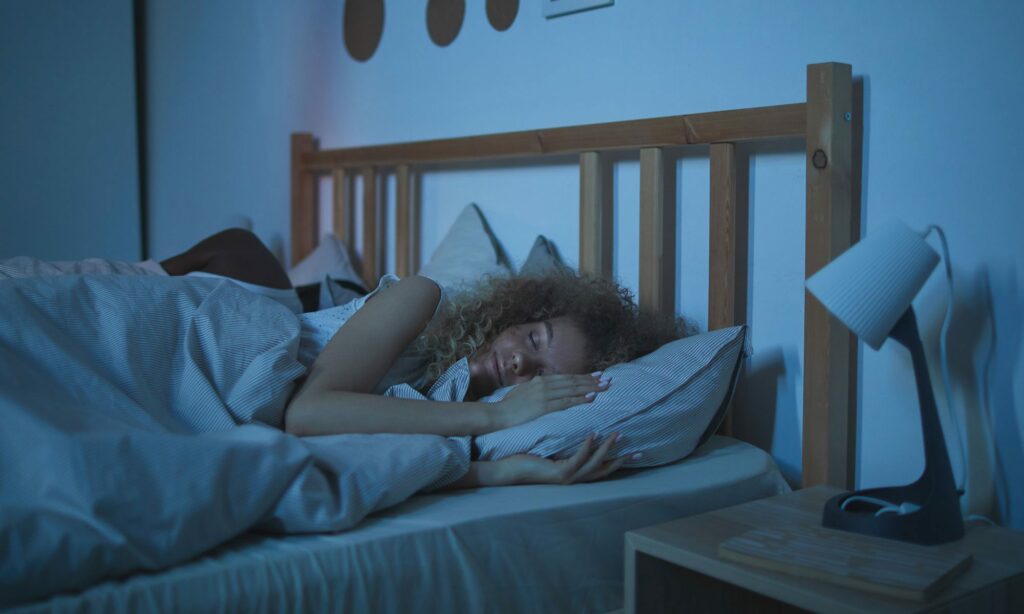
How did COVID-19 impact our sleep?
Sleep is essential to our well-being but can be significantly impacted when we are facing uncertainty, anxiety or altered routines. Given this, how has the global community’s sleep been impacted by the current pandemic, which has all the makings for sleepless nights?
Prior to the COVID-19 pandemic, sleep was already hard to come by for many. An estimated 35 percent of American adults and 70 percent of high-school age students received less than the recommended seven hours of sleep per night. The pandemic has created not only a physical health emergency, but an unprecedented global mental health threat that has drastically altered our sleep schedule. For some, cutting out the daily commute and having the flexibility to work from home has allowed for more sleep, but for others, the abrupt change in daily life has proven to be detrimental to sleep health.
Poor sleep is associated with adverse health outcomes, including cardiovascular disease, cancer, hypertension, obesity and diabetes, and all-cause mortality, as well as psychological disorders such as depression. Sleep research is a priority at SRI and our Human Sleep Research Program is dedicated to understanding just how the pandemic has altered our sleep to help protect people from developing any health implications.
In April and May 2020, our team distributed a survey that engaged 6,882 participants across 59 countries. The survey measured sleep health against demographics, pandemic-related factors and mood.
Results from this global survey — published in the journal Sleep Health — suggest that more than half of individuals shifted their sleep toward later bed- and wake-times during the initial months of the pandemic, and more than a third reported increased sleep disturbances. Specifically:
- About 58% of the participants reported going to bed later/much later than usual and ~50% reported that they woke up later/much later than usual.
- About 30% of the participants reported sleeping less/much less than usual, whereas ~25% reported sleeping more/much more than usual.
- About 39% had trouble falling asleep more/much more than usual, and ~35% woke up during the night more/much more than usual, compared to pre-pandemic
- Older age, higher country income classification, and being partnered were all associated with better sleep health
- Significant correlations of poorer sleep health included getting laid off from one’s job or closing one’s business, having a hard time transitioning to working from home, being unable to get enough food or healthy food, being unable to pay important bills, and experiencing an increase in verbal arguments or conflict with other adults at home.
COVID-19 has thrown a curveball into the daily and nightly routines of people around the world, and has reinforced that maintaining a normal sleep schedule can be challenging. Healthy sleep is the key to overall health, and luckily, sleep is a modifiable behavior that can be strengthened by implementing simple lifestyle changes. Increased time outside while social distancing to boost sunlight exposure and physical activity, and keeping regular sleep routines (i.e., maintaining similar bed- and wake-times on all days of the week while avoiding under- or over-sleeping) are two easy ways we can better our sleep with minimal exposure to other people and without a visit to the doctor.
It’s also important that public health officials are educating the public about sleep health to prevent, monitor, and treat sleep problems, and thereby help strengthen sleep and overall health during the COVID-19 pandemic and any future epidemic.
SRI researchers also gathered and published information about how COVID-19 lockdowns impacted mental health around the world. Click here to learn more.



